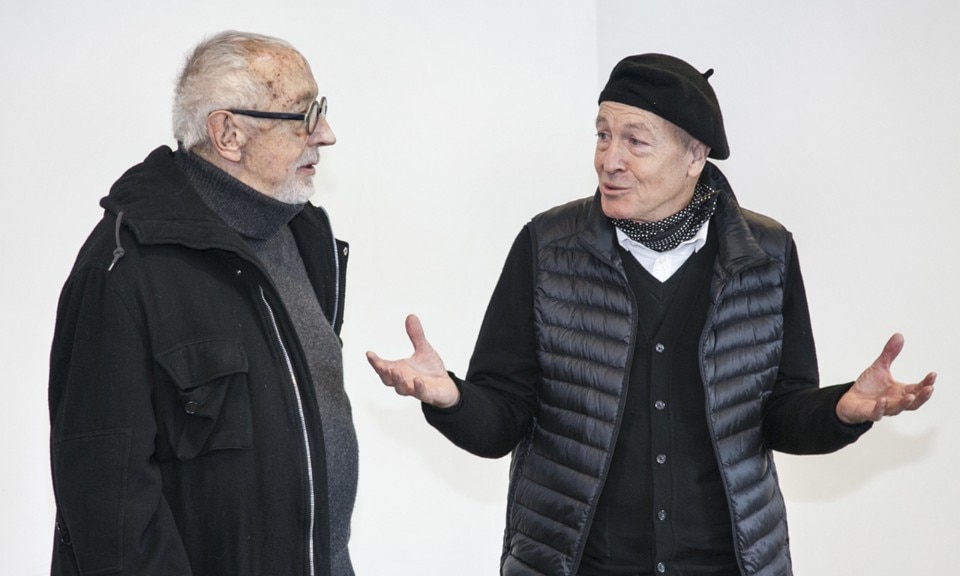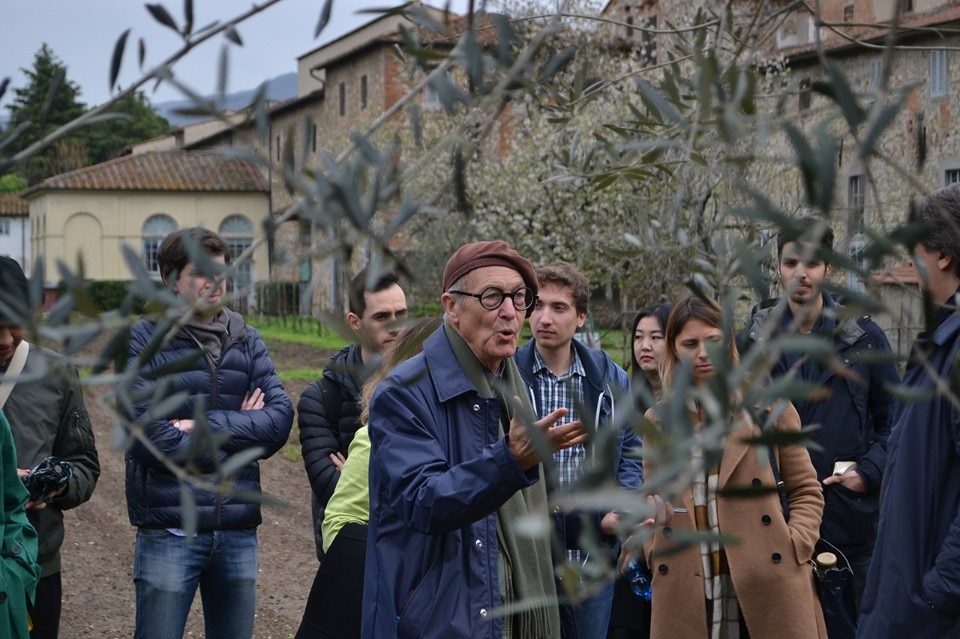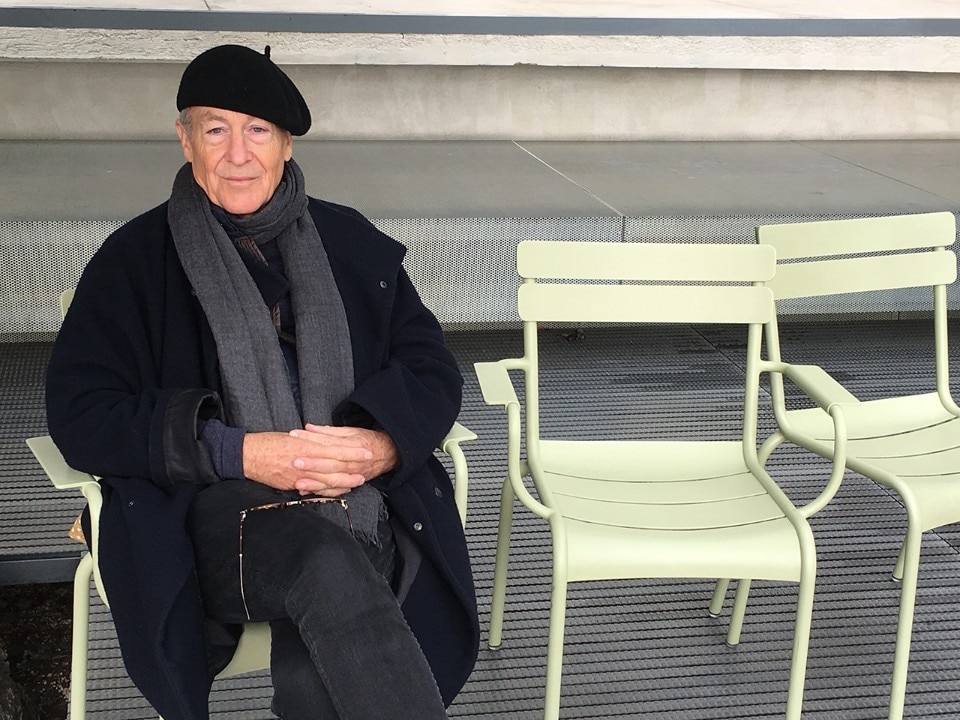It often happened to meet Richard in pleasant places or events, especially in Venice for the biennials, including the art ones, where it is not so easy to run into the clerics of the architectural church. They were always pleasant encounters, because of his personal elegance and thought, his sharp sense of humour, and because his cultured and lateral gaze always offered interesting and unexpected points of view.
He had a penetrating intelligence, based on rare breadth and depth knowledge. Qualities that allowed him to tackle one of the most difficult tests for architecture writers: publishing a “generalist” history, in spatial and temporal terms, of the discipline, further considered within a broader examination of its cultural relations. World Architecture: A Cross-Cultural History (Oxford University Press, 2013) reinvents for today’s times the approach of Spiro Kostof’s successful volume, the Turkish-American historian who he studied at Berkeley with.

His willingness to work alongside a deceased author is indicative of Richard’s generosity lavished in many ways: in expounding his thought with extreme clarity, in supporting with advice, collaboration and prefaces the works of promising young people, and above all in his long and varied teaching activities (whose effectiveness is based on his attitude as a showman as well: voice and flute of Anonima Sound Ltd. in the early 1970s). Amongst his teaching experiences, the one at the Florentine branch of Syracuse University stands out for its continuity, which courses and seminars at prestigious international schools should be added to.
In recent years, he regularly taught at the Polytechnic University of Milan, where, as he was used to, gathered a wide network of friends, collogues and students around him, enthusiastically involving them in lunches after classes and in projects around the city and the territory. In Milan, he gave life to the Terraviva Workshop and Earth Service Association initiatives, with which he tirelessly promoted his social vision of urban agriculture, bringing students to work with him in the abandoned farmsteads of the Parco Agricolo Sud and proposing ‘agricivism’ as a political aim and a personal choice.

His publications deal with a wide range of topics, from contributions on individual architects to monographs on specific themes, from the history of the Renaissance to the contemporary, from small-scale to landscape, infrastructure and urban dissolution in the territory. He was the historian that every designer would like to deal with, capable of connecting a vast temporal perspective to the operational conditions which architecture takes shape in, but above all of applying this deep vision to even the simplest and most immediate things. In one of his last e-mails, he greeted us like this, in his funny way of speaking Italian: “finalmente è arrivato estate, devo andare ad annaffiare con impegno” (summer has finally arrived, I have to go water with commitment, Ed.).
Goodbye Richard, the garden of culture will miss your care.


